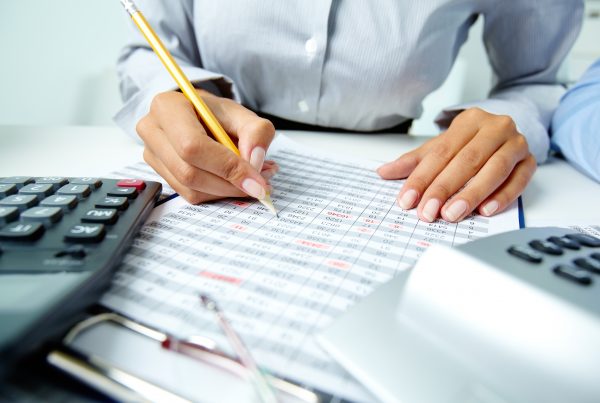A Registered Accountant will save you money, time and hassle and be central to making your business grow.
Put in place a clear legal status for your business. Should you set up as a sole trader or a company? This will affect not only how you register for tax but also how the income from your business venture is taxed. Companies, as opposed to sole traders, may be bound by significant rules such as the Companies Acts and have additional reporting obligations to, say, the Companies Registration Office (CRO).
Register for tax – starting a business brings different tax requirements. Requirements will differ depending on your business structure (sole trader or company), trading activity (operating domestically or internationally), amount of people you are employing and the type of taxes you pay – Income or Corporation Tax, PAYE/PRSI, VAT etc.
Familiarise yourself with all of the payment and return filing obligations for all of the taxes you have registered for. There are myriad deadlines for payment, return filing and information filing that you need to be aware of. For example, depending on a business’ turnover level, different VAT filing/payment obligations apply.
Make the system work for you – your business strategy must drive your tax strategy. Make sure you have the right tax structure in place, avail of all relief’s and entitlements that reduce your tax bill, make the correct payments at the correct time and in doing so, get greater use out of your hard earned money
Retain records relating to your business’ tax affairs for seven years – this is an obligation under tax law. Equally, familiarise yourself with the Revenue audit process.
Whether you are a company or a sole trader, keeping up to date with and meeting your tax obligations can be hugely simplified through Revenue’s Online System, ROS.
Do you know where your local tax office is and who to contact with issues relating to your business’ tax affairs? This can prove invaluable in helping you do business efficiently





